At RNID, we fund world-class research to reverse hearing loss and silence tinnitus, and our Hearing Therapeutics Initiative creates partnerships between scientists around the world working to develop new treatments for hearing loss and tinnitus.
To build connections and learn about the latest developments, Dr Ralph Holme, our Director of Research and Insight, and Ellie Weston, our Research Grants Manager, will be attending the 2024 MidWinter Meeting of the Association for Research in Otolaryngology (ARO).
What is the ARO?
The Association was founded in 1973, with a mission to encourage and promote hearing research to make fundamental discoveries and develop ground-breaking treatments that improve people’s quality of life.
What happens at the meeting?
We’ll learn more about the latest scientific discoveries in the hearing and tinnitus research fields, through listening to researchers present their work as talks or posters. We’ll also make connections with the wider hearing research community, encouraging them to apply to our funding schemes or to get involved with our Hearing Therapeutics Initiative. Ellie will also be presenting about our funding schemes and answering questions in a lunchtime session aimed at researchers looking for funding.
There will be around 1,800 researchers at the 5-day conference, including many scientists that we’ve supported who will be sharing their latest findings.
Find out more about some of our funded researchers who will be there to share updates on their projects.
Our funded researchers
Dr Torsten Marquardt and Xinyu Zhou
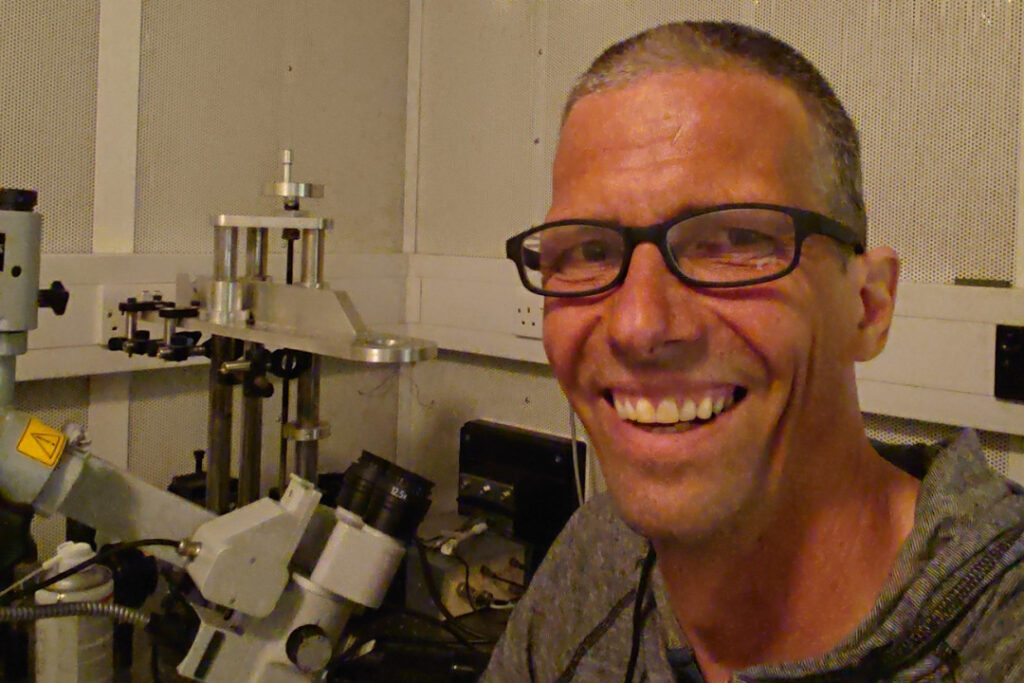

Torsten and Xinyu are working to develop computer models of how fluid moves in the inner ear to improve drug delivery to the inner ear. Their work will be important in helping make sure that new treatments reach all the cells in the inner ear that they are targeting, making them more effective treatments for hearing loss or tinnitus.
Professor Walter Marcotti and Sarah Hool
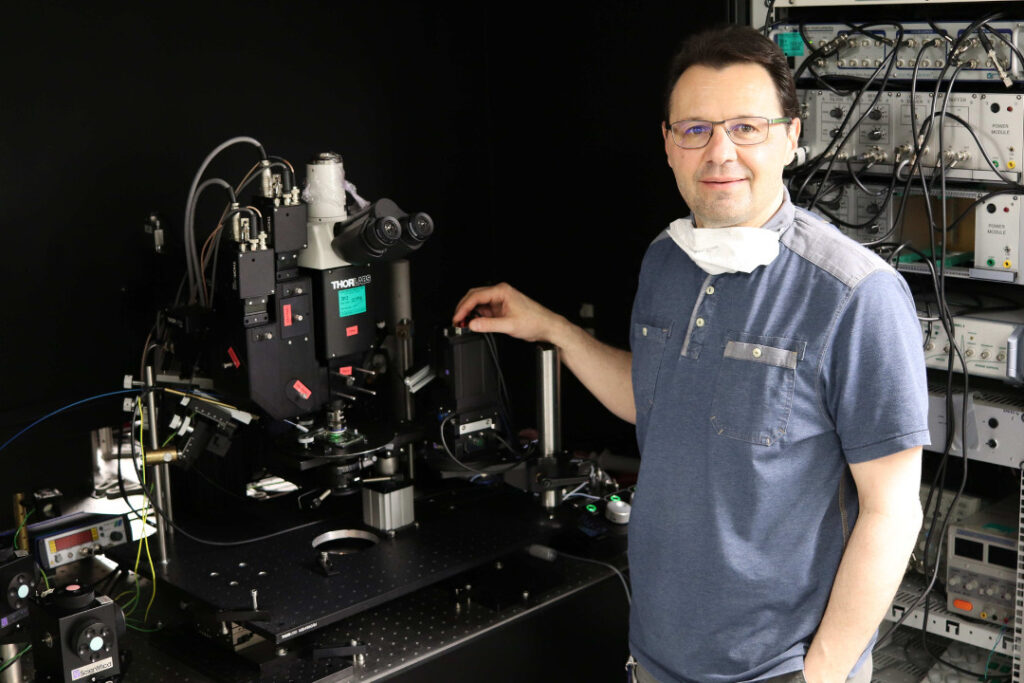
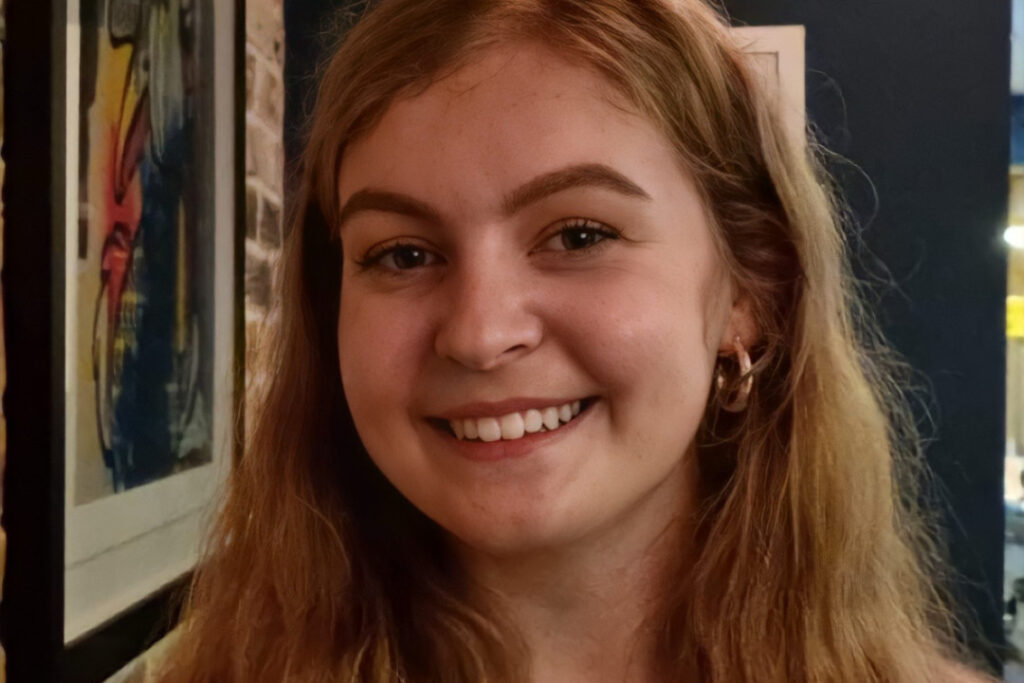
Sarah is one of our PhD students, and she’s studying cells in the inner ear called supporting cells, that are important to allow the sound-sensing hair cells to work correctly. She’s trying to understand how supporting cells might contribute to age-related hearing loss and if we could treat it by targeting these cells.
Professor Laura Hurley
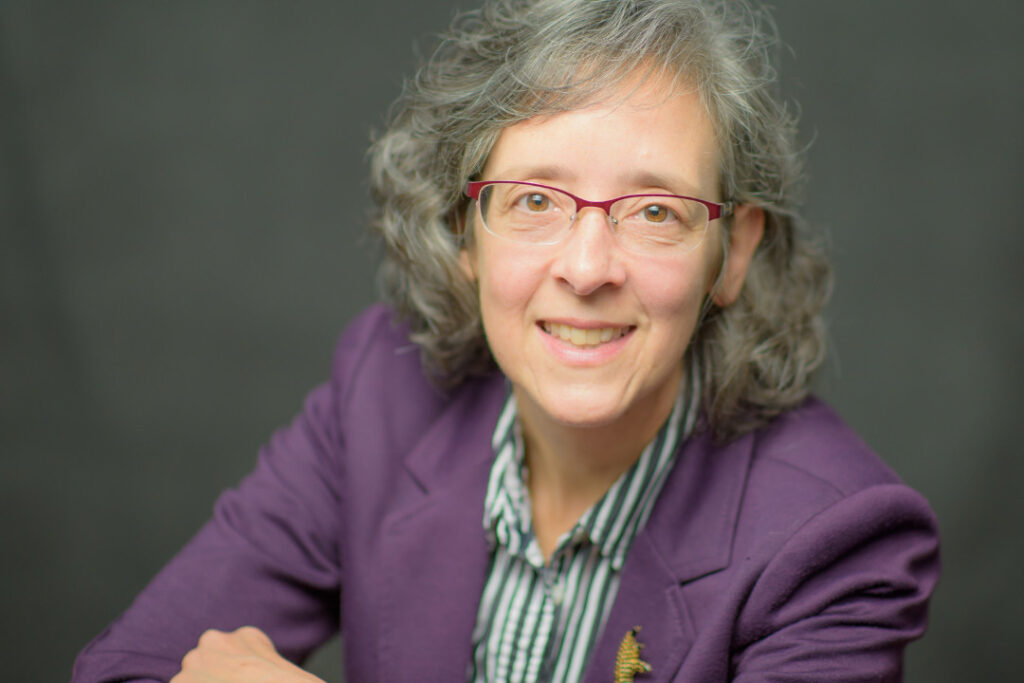
Laura is studying how hearing loss and social isolation interact with each other to influence how serotonin (a chemical signalling molecule in the brain) controls the activity of the hearing part of the brain and how it processes social communication cues. Her work could lead to new treatments for hearing loss that target the serotonin system in the brain.
Dr Magdalena Zak
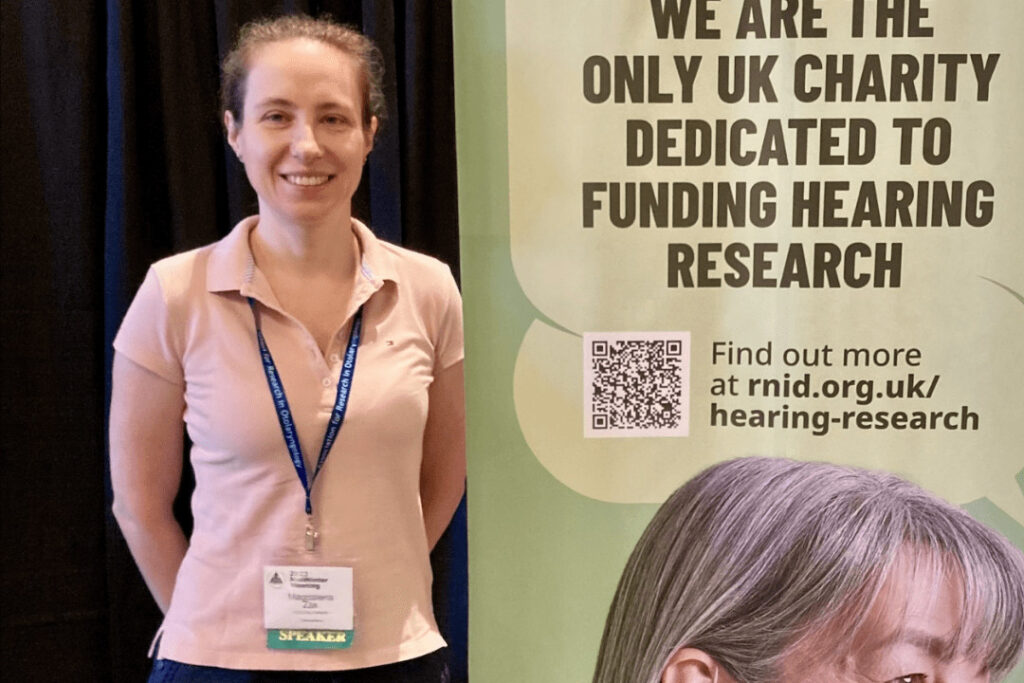
Magdalena is studying how the sound-sensing hair cells in the brain develop in the inner ear, to improve the existing methods used to generate cochlear hair cells from stem cells in the lab. This could allow for the development of ways to model different types of hearing loss and test potential new treatments to prevent or restore hearing or silence tinnitus.
Dr Tobias Goehring

Tobias is focusing on ways to improve how well cochlear implants work, particularly in challenging listening environments, like noisy backgrounds. His work could lead to improvements in cochlear implant technology that allow people to hear better when using them.
Ralph and Ellie are really excited to attend the ARO conference, and will be sharing news from the event afterwards. Sign up to our monthly newsletter to keep updated with the latest news from RNID.